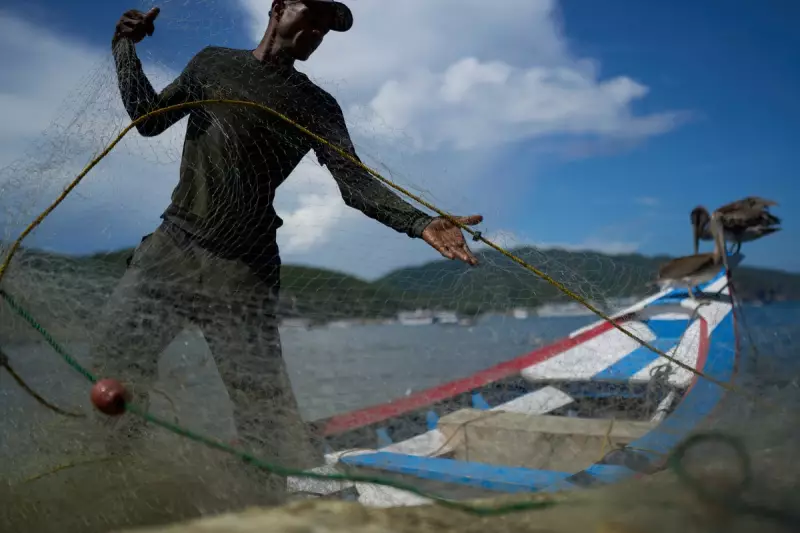
Venezuela has dramatically escalated a long-simmering territorial dispute by deploying a naval vessel to conduct operations near the coast of Guyana, a move that has drawn a sharp response from the United Kingdom.
The Venezuelan vessel, identified as the offshore patrol boat Comandante Hugo Chávez GC 24, was reportedly operating just off the coast of Guyana's Essequibo region. This area, rich in oil and mineral resources, is the subject of a bitter historical claim by Venezuela.
A Show of Force in Contested Waters
Guyana’s government condemned the incursion, labelling the warship's presence a "flagrant violation" of its sovereignty and a direct threat to regional peace. The move is seen as a significant provocation, transforming a diplomatic quarrel into a potential military confrontation.
In a firm statement, the UK Foreign Office declared its "unwavering support" for Guyana, its Commonwealth partner. A spokesperson emphasised that "the border between Guyana and Venezuela was settled in 1899" and called for the dispute to be resolved through a peaceful process at the International Court of Justice (ICJ).
The Heart of the Conflict: The Oil-Rich Essequibo
At the core of this tension is the 160,000-square-kilometre Essequibo region, which Venezuela has claimed for over a century. The discovery of major offshore oil deposits by ExxonMobil in recent years has intensified the value and volatility of the dispute dramatically.
Venezuela's authoritarian president, Nicolás Maduro, has increasingly used the Essequibo claim to rally nationalist sentiment amidst a severe domestic economic crisis. A recent referendum, widely viewed as a political manoeuvre, allegedly showed overwhelming public support for Caracas's claim to the territory.
This naval deployment is viewed by analysts as a tangible attempt to act on the rhetoric of that vote, putting physical pressure on Guyana and testing the resolve of the international community.
International Reactions and Next Steps
The situation has put the region on high alert. Other nations are closely monitoring the standoff, with many likely to echo calls for de-escalation and respect for international law.
All eyes are now on the International Court of Justice, which has already ruled it has jurisdiction over the case. However, Venezuela has rejected the court's authority, setting the stage for a protracted and potentially dangerous stalemate.






